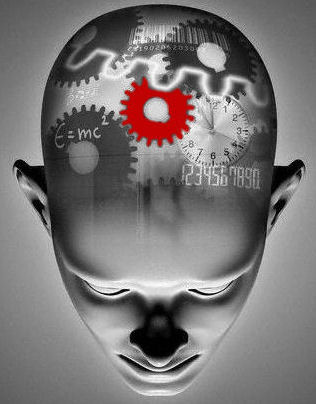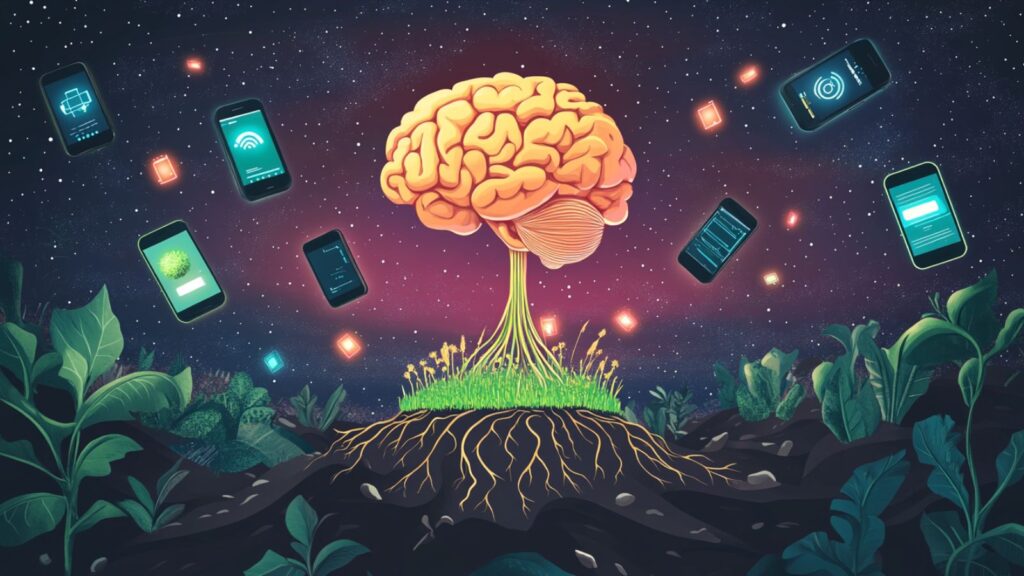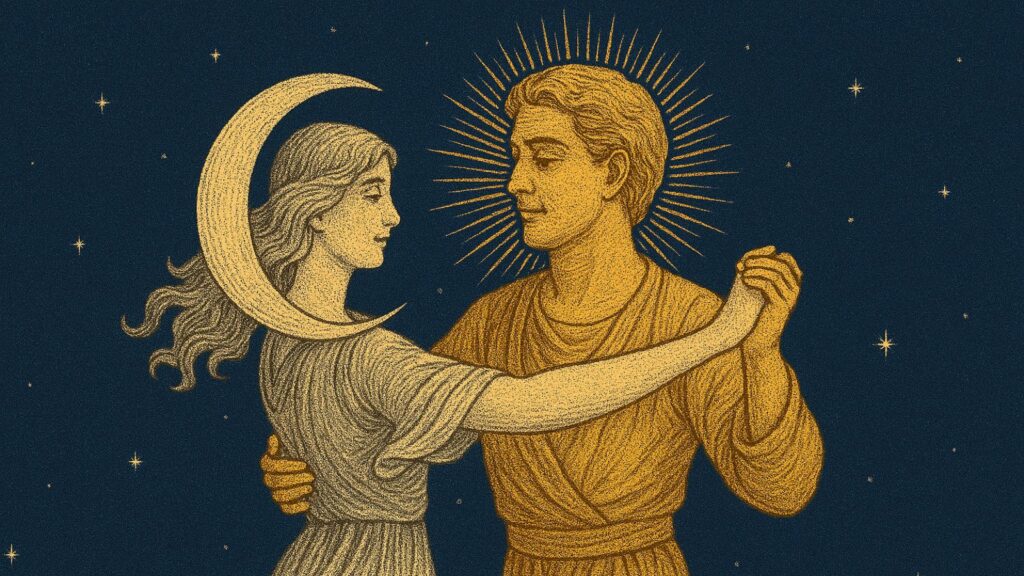Although still somewhat under the radar with mainstream TV culture, the transformative potential of psychedelia is definitely working its way out of the shadows. In fact, some are now claiming a new revolution is underway and that it’s only a matter of time before the notorious “Schedule 1” categorization system that the U.S. Federal government uses to put drugs like LSD and psilocybin on the same footing with crack cocaine and heroin will be revised dramatically. Who knows, huh?
An Education in the New Renaissance
The truth is we’ll know something really major is going on when schools like Harvard, Yale, Oxford and Cambridge begin to offer courses with titles like “Psychedelics 101,” or “Introduction to Modern Psychedelic Research and Culture.” I predict this will happen in the very near future. Part of the reason I feel confident about such a prediction is that I’ve just read the perfect text for a college-level class on the psychedelic revolution. Dr. Ben Sessa’s new book, The Psychedelic Renaissance, is without doubt the best single source of information out there on everything having anything to do with the modern re-connection of science and culture to the psychedelic experience.
Sessa is an academic and a psychiatrist, so the full title — The Psychedelic Renaissance: Reassessing the Role of Psychedelic Drugs in 21st Century Psychiatry and Society — makes perfect sense. However, this is by no means a dry text book. The best parts are near the beginning where Sessa provides his own vision of what psychedelics are about and how they are viewed by psychiatrists and psychologists as mechanisms to change consciousness. The guts of the book provide an extensive excursion into the histories of psychedelic drugs. I say histories, because late 19th and 20th century developments are described in detail, but so is the less well documented “prehistory” of hallucinogens.
The History of Losing Our Minds
For Reality Sandwich and Evolver readers, Sessa’s book provides some clear insights in the link between ecological awareness and “evolving consciousness.” In his chapter “Hippie Heydays, Ravers, and the Birth of Ecstasy,” he writes: It is no surprise that the ecology movement sprung directly from the psychedelic scene. A spontaneous and fundamental phenomenon of the psychedelic experience is that of getting close to nature.” While this is obvious to any regular visitor to RS, Sessa expands this idea in historical context succinctly and authoritatively.
Sessa delves most definitively into the history of MDMA (ecstasy), both its history as a rave enhancement and even more so as a tool for psychologists and psychiatrists. He also offers an extended account of the effect of psychedelics on creativity. The chapter, “Psychedelic Creativity,” provides an interesting history of hallucinogens and touches on some of the research projects underway in this branch of neuroscience.
In fact, Sessa does an admirable job going over the details of many of the pioneering experiments in the field of psychedelic psychiatry without becoming too technical. He also provides ample evidence that we are indeed either already in or moving toward a true psychedelic renaissance where after 40 years of stunted research (due in large part to the social stigma of drug use), scientists and clinicians at prestigious universities around the world are again performing a vast array of studies to examine the efficacy of psychedelics for treating everything from PTSD and alcoholism, to autism and spirituality.
Without doubt, The Psychedelic Renaissance is not only a text book for college, its an excellent resource for arguing that societies around the world need to re-assess their views of mind altering drugs. We’re already seeing inroads here with the de-criminalization of marijuana. Near the beginning of the book, Sessa deftly puts the naysayers to bed with a slogan that I’d never read before: “Just Say Know To Drugs.”
He goes one step further discussing a world where hallucinogens are used in controlled settings by researchers and clinicians. He treads carefully on the old hippie culture when he writes: “We need to forget trying to change our pseudo-apocalyptic world and the course of human history with psychedelics as they did in the 1960s. Such arrogance is beyond reason in the twenty-first century when society is far too varied for such a restricted viewpoint…I firmly believe that those of us who see the benefits of psychedelic drugs have a much better chance of infiltrating our message into mainstream consciousness if we adopt a cautious approach.” (P. 201)
This is a book that needs to be read by all people who think they understand what psychedelics are about — both advocates and naysayers. We’re moving rather quickly into the thick of this new century, and we desperately need to solve the problem of twisted human consciousness. Psychedelics hold a great deal of promise. But they also present a lot of potential problems. We’ve lost a lot of ground in establishing rational, systematic thinking about these substances. Ben Sessa has done a great service in writing this book.
What’s really great here is that The Psychedelic Renaissance is only the beginning. As science and medicine move forward with these issues, who knows what secrets will be unlocked with respect to the human mind? This field has been relatively small for the past four decades, it’s going to grow now. Just watch. Offering college courses and providing prospective students of the mind with a grounding in the history of psychedelics will lead to an expansion of this field in numerous ways that we can’t even see yet. I’m heartened that most of us who got our start with consciousness exploration in uncontrolled settings may soon have a chance to take part in controlled experiments and clinical treatments that will actually have a part to play in making a better world. Sessa’s book isn’t going to make this happen alone, but, like I said, it’s a start.
David Biddle is the author of the psychedelic novel Beyond the Will of God and several collections of short stories. As a freelance writer, he has published articles and essays in such publications as The Harvard Business Review, The Philadelphia Inquirer, GetUnderground, InBusiness, and BioCycle. He is a columnist for TalkingWriting and Kotori Magazine and blogs at http://davidbiddle.net where information on his books, articles, and stories is also available.
Image by digitalbob8, courtesy of Creative Commons licensing.













